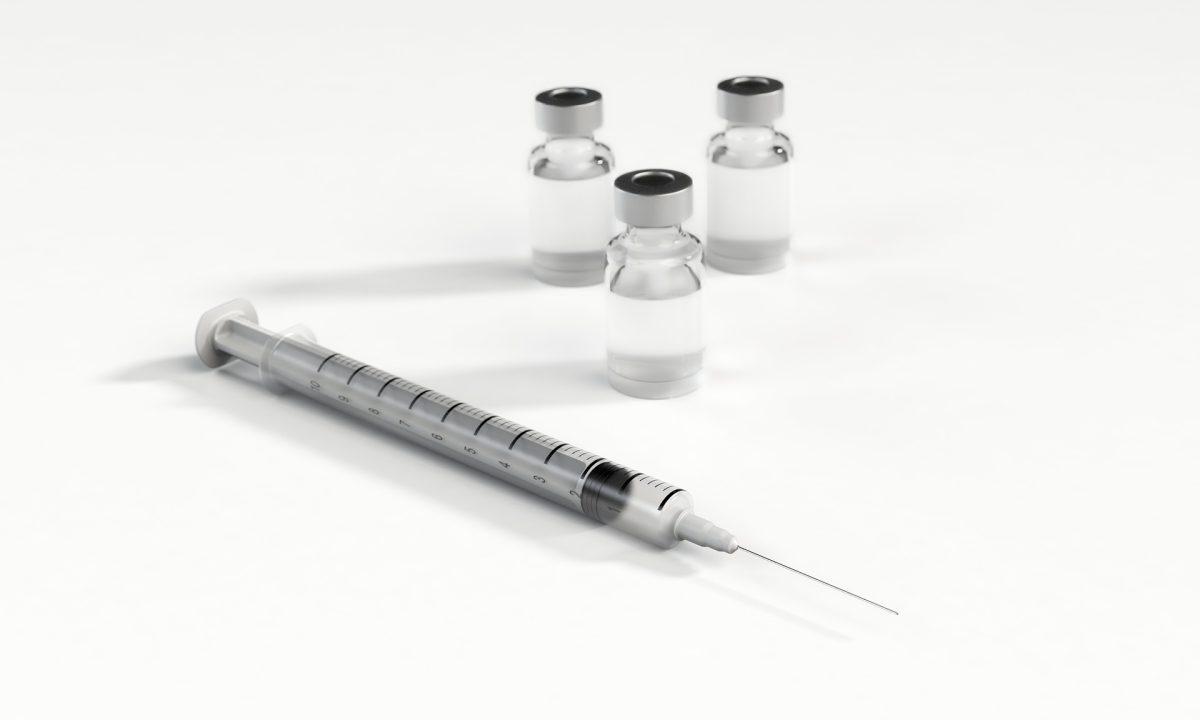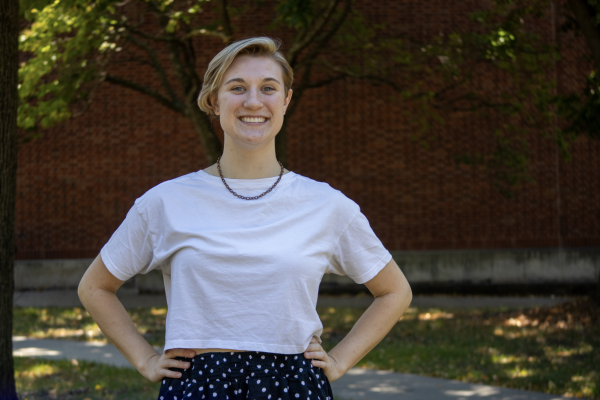The past month has seen a wave of recommendations and approvals from the Centers for Disease Control and Prevention and the U.S. Food and Drug Administration regarding COVID-19 boosters shots and third doses. Additionally, as of Oct. 29, the FDA has authorized the use of the Pfizer-BioNTech vaccine in children ages five to eleven. The CDC’s Advisory Committee on Immunization Practices is planning to meet on November 2 to discuss their recommendations for the vaccination of this age group.
Drake Provost and epidemiologist Sue Mattison described the impact doses for ages five to eleven might have on the pandemic as a whole.
“The transmission should decline significantly,” Mattison said. “I know a lot of parents on campus are really looking forward to being able to vaccinate their kids.”
According to Mattison, the Harkin Center vaccination institute has not yet decided whether or not they will offer doses of the COVID-19 vaccine to children in the approved age groups. In early October, the clinic offered Pfizer booster shots to Drake faculty and staff, including student workers. Erik Maki, chair of the clinical science department at Drake, said that the clinic will offer Moderna vaccine boosters on Nov. 5 and 8.
The CDC recommends booster shots for people 65 years and older, people aged 50–64 years with underlying medical conditions and people aged 18-64 years who are at increased risk for COVID-19 exposure due to their occupation, which includes Drake employees. Those who received the Pfizer or Moderna vaccines are eligible to receive a booster within six months of completing their second dose, while those who received the single dose Johnson & Johnson vaccine are eligible to receive a booster within two months of their initial shot. Additionally, people between the ages of 18 and 49 who have an underlying medical condition may also be covered under the recommendation depending on their individual risks.
“Many of the cases that have occurred on campus this fall have been break through cases, so we know that the two doses only are not as effective against the Delta variant,” Mattison said. “The third dose has been shown to increase resistance against the Delta variant. It’s going to be one more tool.”
The CDC recommends third doses of the Moderna and Pfizer vaccines for immunocompromised people on the basis of research that indicates these groups may be less protected by the vaccine than those with stronger immune systems. Moderately and severely immunocompromised people who received the Pfizer or Moderna vaccines are eligible to receive a third dose within at least 28 days of their second shot.
“When we think about vaccinations, you can think about them in two categories, either a primary or booster series,” Maki said. “The intent of the primary series is to develop a baseline level of immune response that provides adequate protection against infection. With some vaccines, this level decreases over time and a booster is necessary to maintain the desired immunity level. When we are looking more specifically at COVID vaccines, people who are immunocompromised or immunosuppressed did not achieve as high of a baseline immune response with two doses alone and thus for them to have adequate baseline protection, they needed a third dose.”
The CDC and FDA approved a “mix-and-match” approach regarding booster shots, meaning that those looking to receive a booster dose can choose between vaccines from Pfizer, Moderna or Johnson & Johnson regardless of their first regimen. According to a CDC summary, multiple small studies have suggested that those who initially received the Johnson & Johnson vaccine will have a greater immune response after receiving a booster dose of an mRNA vaccine.








